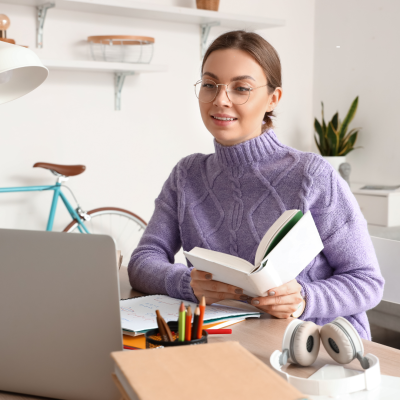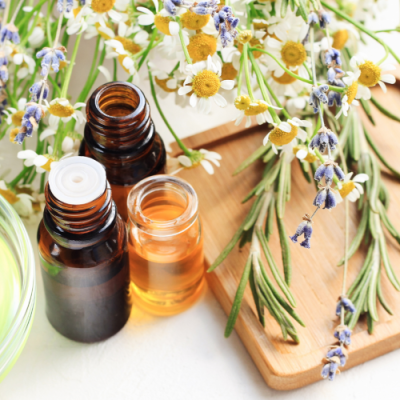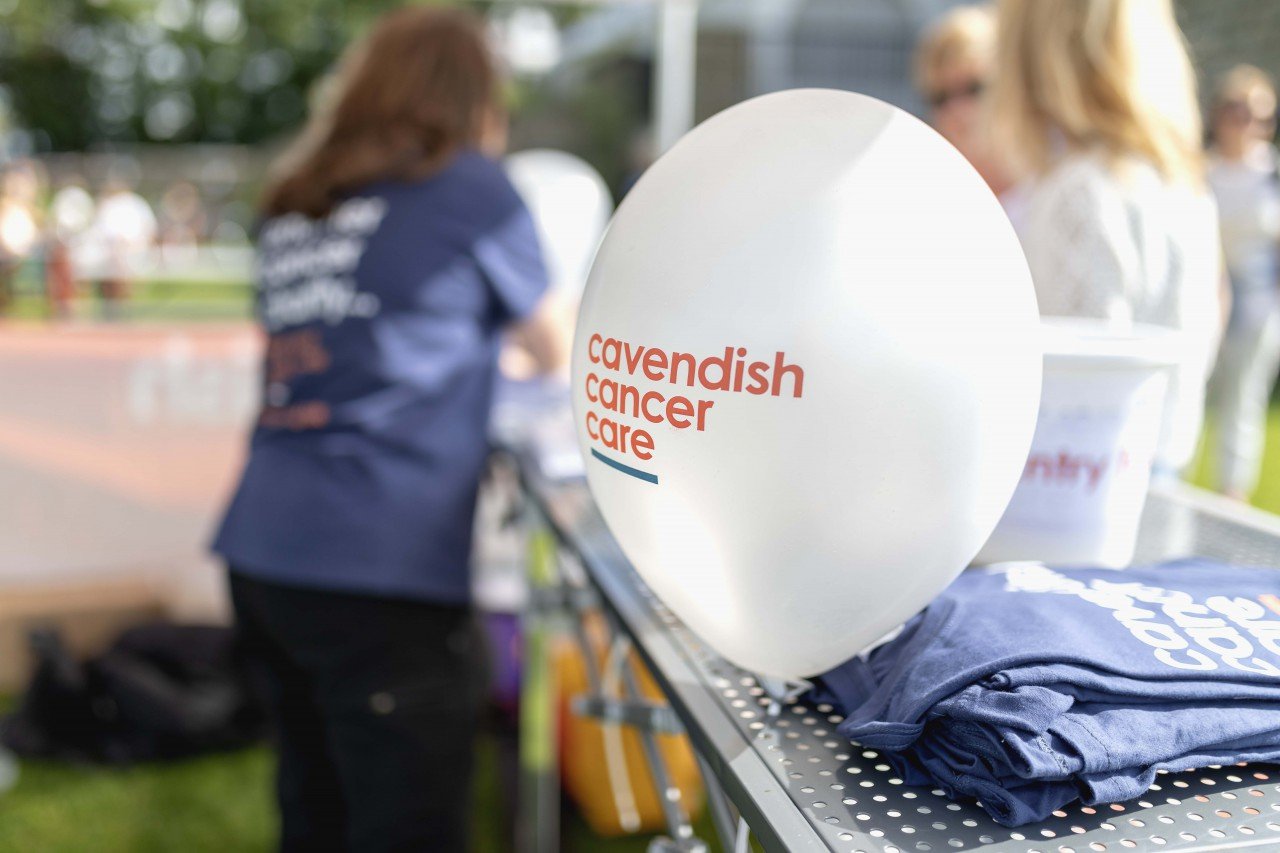Our Therapies
Cavendish Cancer Care provide a carefully selected range of therapeutic support that may help to improve the quality of your life and improve your wellbeing. Some therapies may be delivered online or by telephone while others take place at the Tim Pryor Centre on Wilkinson Street. You can find out more about our online therapeutic support and our in-person complementary therapies below.
Our therapists
All of our therapists are highly skilled and experienced professionals who hold a recognised qualification in their therapies. They are members of professional organisations that seek to establish and maintain high standards of safety, efficacy and quality of practice.
Online Resources, Groups and Courses
Cavendish provides classes and courses online as part of our package of online resources. You can benefit from our support in the comfort of your own home, whenever suits you via our online resource hub known as ‘Cavendish@Home’.
Cavendish@Home courses include topics such as managing worry, nutrition, stress and anxiety, better sleep, meditation, food as medicine and much more. Also included is our new grief course, designed to help those bereaved by cancer. Find out more here.
Weekly Classes
Cavendish are pleased to also offer weekly online classes which can help manage stress, tension, overwhelm and anxiety and improve sleep. These include Chair Yoga and Tap Away Stress.
Find out more and book on here.
We also run a 6 week Live Online Nutrition Course, hosted by our qualified nutritionist and medical herbalist. These run four times a year and are hosted on Zoom. Click here for more details.
Grief Circle
We run an online support group called ‘Grief Circle’, which provides a safe space for people bereaved by cancer to talk about their feelings or just listen to others. It is facilitated by a full qualified grief counsellor. Click here for more details and dates.

Acupuncture (at Tim Pryor Centre)
Acupuncture is the insertion of fine, sterile needles at carefully chosen sites of the body. Acupuncture treatments are designed to treat the whole person, taking into account mental and emotional factors, as well as physical symptoms. People often report not only an improvement in specific symptoms, but also a general sense of wellbeing. Acupuncture has a reputation for pain treatment and there is increasing evidence that acupuncture can help those suffering from anxiety, depression or low mood. Acupuncture may also help with the management of fatigue and hot flushes.
Aromatherapy
Aromatherapy involves the use of plant oils, which are carefully chosen to match your needs. The oils are diluted and massaged into your skin. Aromatherapy is often used in conjunction with another therapy, such as massage, reflexology and reiki. It may help you to feel more relaxed and uplifted and help to ease physical discomfort.
Counselling (currently delivered, in person, online and by telephone)
Counselling offers a safe place for you to talk and be listened to in a non-judgemental way. Sometimes it can be easier to talk to a stranger than to friends or relatives. Counsellors are trained to listen attentively to you and help you make sense of your thoughts, feelings or behaviour at a difficult time of your life.
Hypnotherapy, Relaxation & Visualisation (at Tim Pryor Centre)
Hypnotherapy is a state of deep relaxation similar to a daydream in which you are detached from your every day cares and worries. In this more relaxed state, the therapist works with you to positively influence thoughts, feelings and behaviours. You will not be asleep or unconscious at any time during the session and can be shown how to recreate the same feeling for yourself whenever you feel under pressure outside of the sessions. This is called ‘self-hypnosis’. Hypnosis may also help with pain management, sleep problems and in allowing you to feel more relaxed and comfortable when having medical procedures, radiotherapy or chemotherapy.

Body-Based Therapy
Body based therapies at the Tim Pryor Centre include massage, reflexology, reiki and shiatsu.
Massage
Massage therapy is probably the oldest known therapy based on touch. It involves stroking, kneading or gentle pressing of the muscles and soft tissues of the body to help you relax mentally and physically. In addition to being relaxing, massage may help a person feel more energised. It is often used in combination with aromatherapy.
Reflexology
Reflexology is based on the theory that different points and areas on the feet, lower leg, hands, face and ears correspond with different areas of the body and reflexologists work these points and areas. Reflexology may help to relieve pain or stiffness, digestive disturbance, as well as to improve sleep and promote relaxation and general wellbeing.
Reiki
This is a natural form of energy therapy. The word means ‘universal life energy’ which is around and within all of us. Reiki can help to calm and relax your mind and body, promoting a sense of peace. You will lie or sit (fully clothed) and the therapist will gently place their hands over or on your body.
Shiatsu
Shiatsu supports and strengthens the body’s natural ability to heal and balance itself. Techniques of gentle pressure, stretching and massage are used and can help to balance and improve energy flow. Research suggests that Shiatsu may help with a variety of conditions such as back and muscle pain, digestive disorders and insomnia. It is a deeply relaxing experience and can help to alleviate anxiety and promote wellbeing. You remain clothed for the treatments.
Online Body-Based Therapy
Our therapists can deliver some treatments virtually. This is especially useful for people who are isolating for health reasons or unable to travel to us. We can use techniques including:
- Acupressure to acupuncture points
- Self Shiatsu/Massage/Facial Massage
- Gentle stretches to encourage flow and movement
- Grounding techniques – to promote calm and connection

